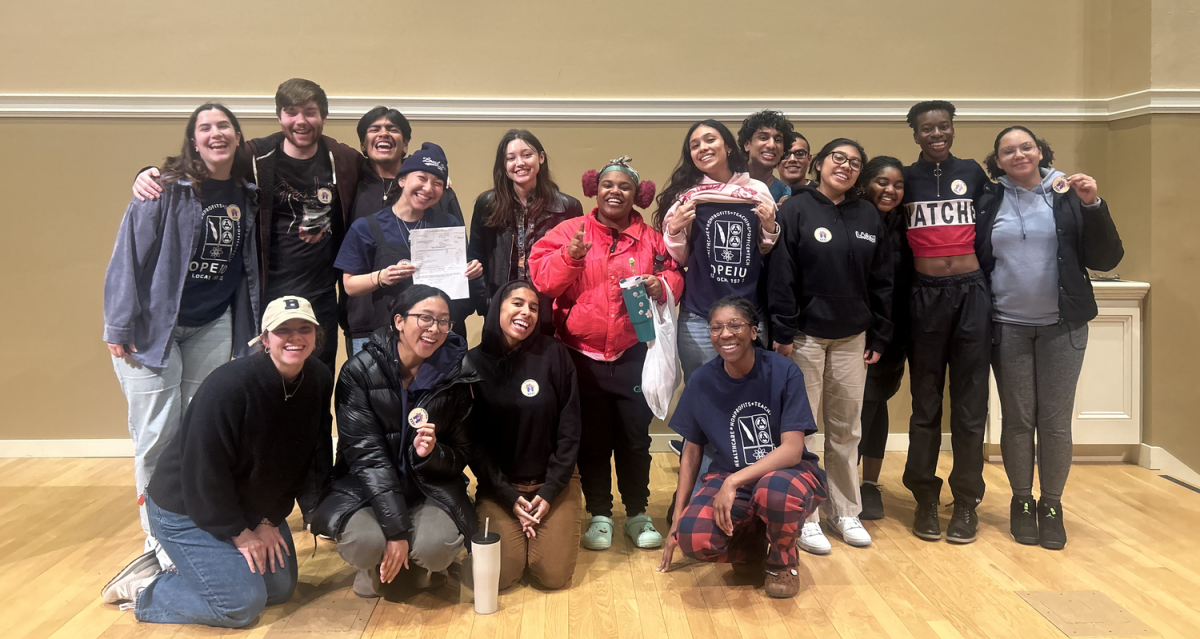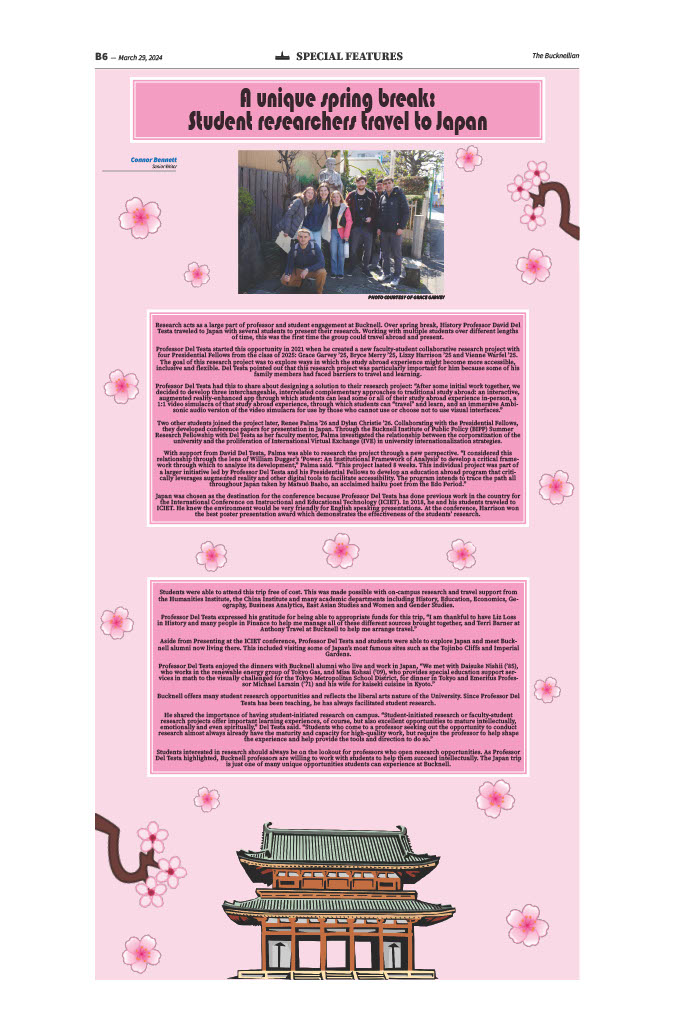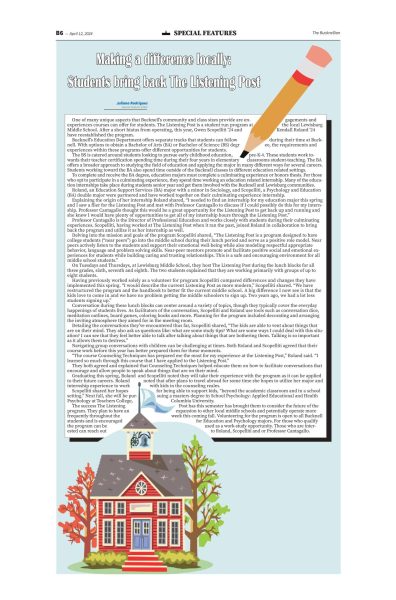University to be recognized for completion of Healthier Campus Initiative
March 8, 2018
February 25 marked the completion of the University’s three year commitment as part of the Partnership for a Healthier America’s (PHA) Healthier Campus Initiative (HCI). The initiative challenges schools to adopt guidelines around nutrition, physical activity, and wellness programming, and the University was among one of the first 26 schools nationally to participate in HCI. That number has since increased to 50, including more than 1.3 million students, faculty, and staff. Each college or university partner commits to meeting 23 of 41 guidelines within three years.
The first 26 schools will be recognized by the HCI at PHA’s 2018 Innovating a Healthier Future Summit May 2-4 in Washington, D.C for successfully achieving the wellness goals established.
PHA points to the importance of targeting change on college campuses through statistics that indicate that students’ overweight/obesity rates increase by more than 15% during their first year in college – a time when lifelong habits are forged.
Tanya Williams, the University’s nutritionist and dietician, spearheaded the University’s involvement in the PHA project. In 2015, upon joining the initiative, the University already had 12 guidelines met. Since then the the Bucknell Healthy Herd Group (Campus Wellness Committee), previously known as the PHA Committee, has worked to meet all 23. The Bucknell Healthy Herd Group is a 15 member group including Williams, Dean of Students Amy Badal, as well as staff from Student Health, Dining Services, Outdoor Education & Leadership, Sports & Recreation, and Finance.
“The Healthy Herd Group is really meeting the needs of our student population well. They’re listening. If the students say they want something new — for example, a bike-share program — they listen to those requests and implement them,” Williams said.
“We are proud to have received this recognition from the Healthier Campus Initiative in acknowledgment of how intrinsic wellness is to our university culture. By aligning ourselves with the initiative’s guidelines, we’ve continued to commit to the well-being of our students, not just academically but also holistically,” Badal said.
Guidelines most recently met by the University include offering a plant-based food option at every platform serving meat, and offering a healthier catering menu. Other guidelines met over the past three years include making free water available in all dining, recreational, and educational facilities, providing at least one outdoor running/walking track for use at least three hours per day, and offering a rental outdoor recreation equipment program for students.























